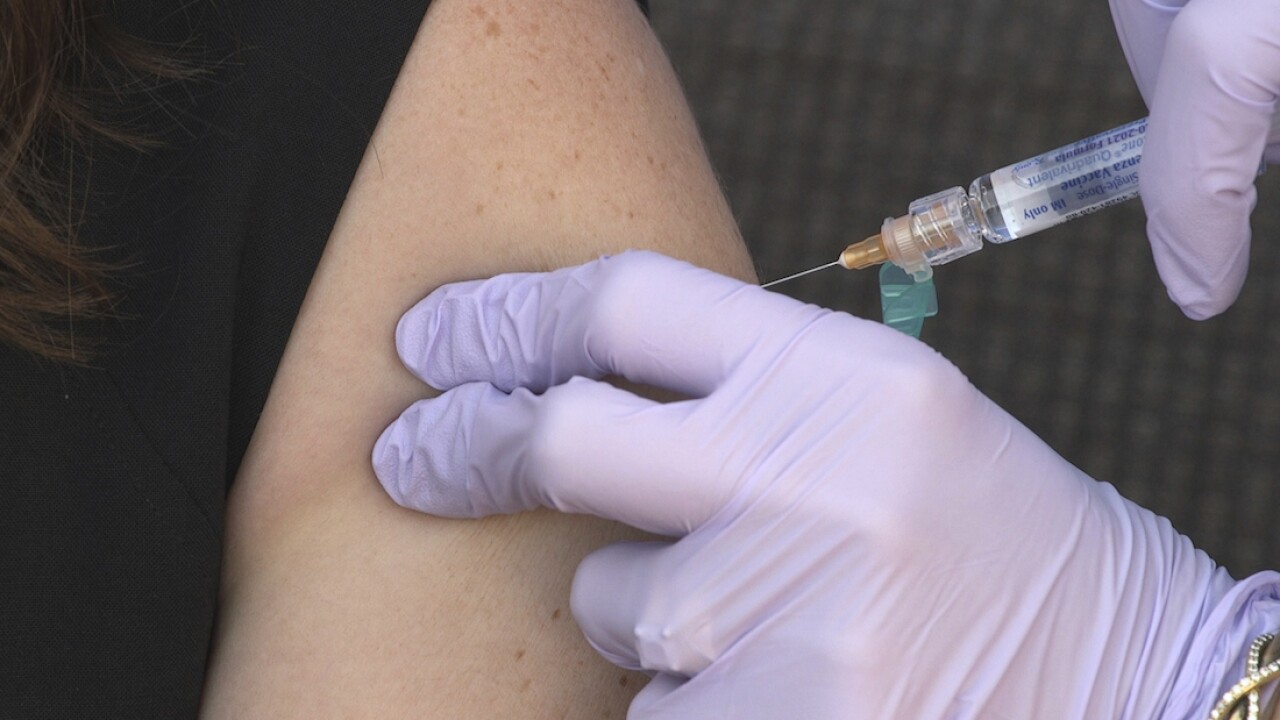(WXYZ) — In today’s Health Alert, the Food and Drug Administration released documents outlining its goal to streamline future COVID-19 immunization schedules.
Future vaccination against the coronavirus may become a much simpler process, similar to the flu shot. Most people will only need one shot once a year.
Under the FDA’s proposed new approach, most Americans would be advised to get one dose of the latest COVID-19 vaccine to restore protection. Which would most likely be available in the fall. And just like the flu shot, each year the FDA would first assess what strains are circulating and then decide which ones to include in the annual shot.
Would folks be able to choose the brand – for example, Pfizer or Moderna? Not likely, the FDA is considering having the shots be interchangeable. And I think this will be much easier. I’ve heard plenty of patients grumble about how confusing it is to stay on top of the COVID-19 shots and boosters. Whereas under the FDA’s new proposed approach, it wouldn’t matter when you got the last vaccine or which one you got.
Now, not everyone will only get one shot. Some people may need two. For instance, our very young generation, children who have not yet been exposed to the coronavirus. Plus, our elderly generation and those who are immune-compromised and therefore more vulnerable to severe illness.
If a new variant that was more dangerous were to emerge - which is always a possibility with viruses - then the FDA might update the vaccine on an "as-needed and emergent basis.”
It’s been three years now and the virus has not yet settled into a seasonal pattern like influenza. Plus, we know the virus can change much faster than the flu. But that is why our vulnerable populations may need to get boosted more than once a year, especially as protection may last only four and six months.
Now, the agency’s independent vaccine advisers, the Vaccines and Related Biological Products Advisory Committee are scheduled to meet this week. They’ll review and vote on whether or not to recommend the FDA’s proposed new approach.
In the meantime, if you haven’t got the newest bivalent booster, now is the time to get one. While our case numbers may be down nationally, COVID-19 still accounts for most emergency department visits.
Additional Coronavirus information and resources:
View a global coronavirus tracker with data from Johns Hopkins University.
See complete coverage on our Coronavirus Continuing Coverage page.



